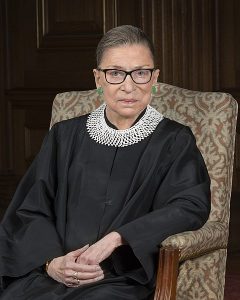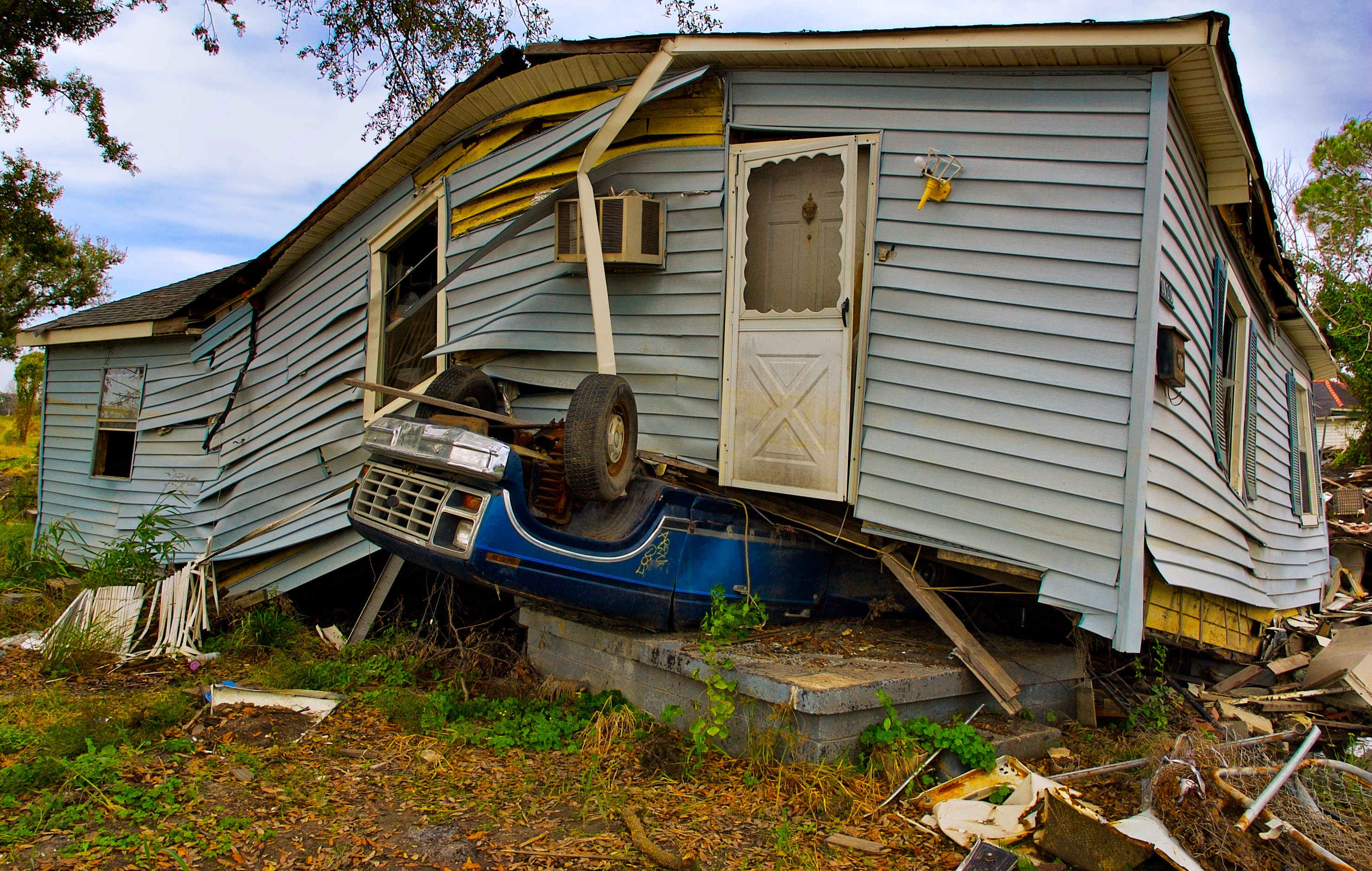Our rights never should have rested in RBG’s hands alone. The recent surge of mutual aid groups may help prevent that situation in the future.
This weekend, our increasingly troubled country lost part of its soul. For many, hope died alongside Ruth Bader Ginsburg, Supreme Court justice, feminist icon, and American patriot. If a handful of conscientious Senate Republicans fail to join Democrats in a 2016-like delay on the confirmation of President Trump’s eventual nominee, we’re looking at a 6-3 conservative Court majority, possibly for decades to come. Holding the darkness back from the Republic is a lot to ask of any octogenarian cancer patient, and while Ginsburg threw herself into that breach for as long as she could, it’s now our job to help ourselves and each other. Vote, of course, but understand that voting is the least we can do, the most minimal obligation of a citizen in a country facing the caliber of challenges we face. When we can’t rely on the government for help, mutual aid is the answer.

Mutual aid is exactly what it sounds like: helping each other, at the personal and neighborhood level. Consider the wide variety of natural and man-made disasters that we are likely to face in the coming years: pandemics, wildfires, hurricanes, drought, flooding, failing infrastructure, political instability, economic inequality, social unrest, and black swan events. Let’s say a deadly virus sweeps across the country, but since the President’s opponents are doing most of the dying, federal aid is funneled away from the hardest-hit areas. Perhaps an entire city’s water system is left to decay, leaching lead into childrens’ bloodstreams, because it would save the wealthy a few bucks. Or a hurricane knocks out the power grid and it takes three years for help to arrive. Maybe a conservative Congress repeals the 1974 Equal Credit Opportunity Act, and women can no longer obtain credit without their husband’s or father’s permission. What now?
During hardship, our chances of survival are increased by living within a strong social network. Across time and around the world, people who work together and care for each other weather the storms more easily and recover faster afterward. Mutual aid societies which form before disaster strikes, building trust between members and with the community at large, and who have put aside resources to help when the need arises, may be the best way to cope with an uncertain future.
Consider these real-life examples:
- In Michigan, members of the Mutual Aid Network of Ypsilanti are teaming up with local organizations and trained mechanics this week to offer free simple auto repairs, such as brake light replacement. Since many fatal police interactions begin during traffic stops for such minor violations as broken exterior lights, this clinic aims to save lives by heading off police interactions before they start.
- In Oregon, 500,000 people were under evacuation orders due to wildfires. With hotels fully booked and people sleeping in parking lots, a social aid group, Wild Womyn, stepped up to help. Embracing their mission of advocacy and support for lesbians in southern Oregon and northern California, they pulled together donations of food, clothes, and money for displaced queer women. LGBTQ+ people know what it’s like to be marginalized and many have built strong networks to rely on when they can’t count on anyone else.
- In Washington, D.C., Cooperative Gardens Commission, a mutual aid collective, leaped into action to distribute free seeds and gardening advice to promote food security across the country during the pandemic and to combat persistent injustice.
- In New York, “free fridges” sprang up earlier this year to store donated food that could be dropped off and picked up while social distancing, and the mutual aid group Corona Courier mobilized to deliver food to people in high-risk groups.
While there’s a lot to love about the recent surge in mutual aid networks, these groups also build something else that’s equally valuable: social and political power. According to Justin King, a Florida journalist with a lovable “southern man” persona, assembling a group that’s committed to improving their neighborhood is a path to even more meaningful accomplishments down the road. It really does come down to fixing playgrounds, planting gardens, and disaster preparedness. When governments are ineffective, these are the groups that people will trust instead. Build enough social capital through showing up, and that accrued goodwill could launch a run for office. Elect enough effective and community-minded people, and we no longer have to worry about the fate of the Republic resting in the hands of a single, frail, Supreme Court justice.
Related: Social Welfare is for Radicals


Join the conversation!